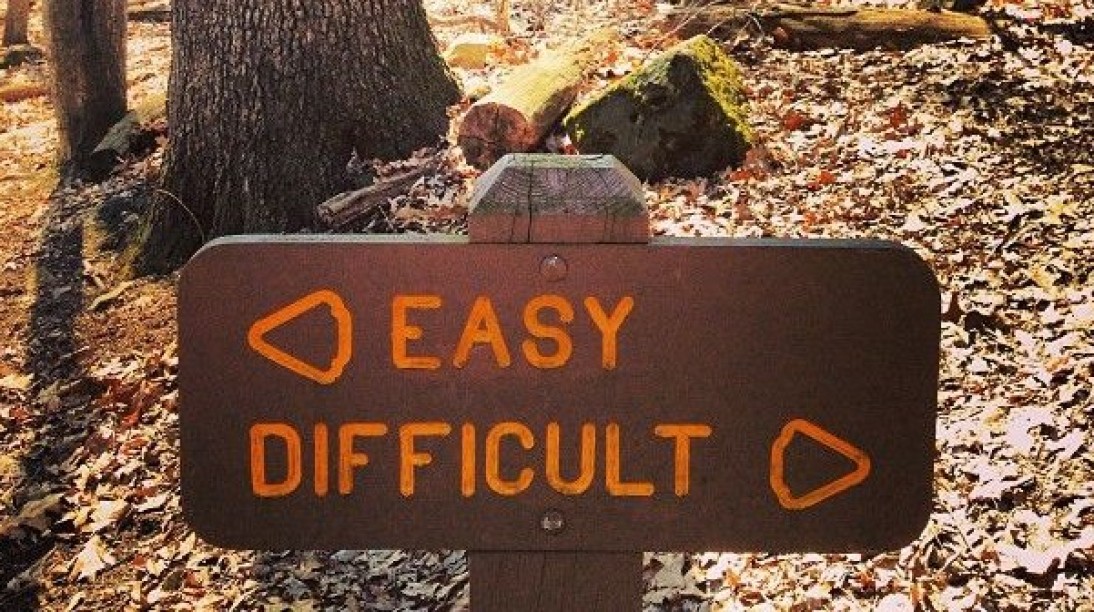Is word inflation in your DNA?

The Edit Part V
Continuing our series on good language, some notes on the expanding meaning of words.
It’s not just the Chancellor who has to worry about inflation. Grade inflation is rife in education (too many firsts and A*s) and anyone who has worked in an office knows about title inflation (when the boss promotes you from Paper Clip Buyer to Executive Vice President (Paper Clips) without actually increasing your responsibility or pay).
But as people strive to make their communications more dramatic and to stand out from the crowd there is also a risk of language inflation – and just as with economic inflation the risk is that writers merely devalue their linguistic currency rather than creating the desired effect.
Here are four examples:
Existential
In her new book about growing up in bland Hertfordshire suburbs, the singer Tracey Thorn describes reading “existential philosophers”. She’s referring to Camus, Sartre, De Beauvoir, all that.
But it’s a sadly rare use of “existential” in its original (and true) sense. Collins defines it as “relating to human existence and experience”. A second definition is “pertaining to what exists, and is thus known by experience rather than reason”.
Not any more. The word has become an inflated synonym for “threatening”. Here’s the Wall Street Journal: The Oscar Favorite That Created an Existential Crisis in Hollywood.
The article describes how the movie Roma, created by Netflix, could change the movie industry: “Some Academy members, mostly from an older generation, consider Roma an existential threat to the movie business...” Here existential appears to mean no more than “big” or “nasty”.
An existential crisis is one in which we question the purpose of our existence, not something that may (or usually) may not threaten something’s existence.
Surreal
Yes, “surreal” means dreamlike, but when the term was coined by the French poet Guillaume Apollinaire in 1903 he meant dreamlike in the sense of “rejecting a rational vision of life in favour of one that asserted the value of the unconscious and dreams”, as the Tate website puts it.
So you could use it to describe something bizarre or freakish but what it does not mean is “thrilling” or “exciting”, let alone just “nice”: “Adam Lambert Gushes Over 'Surreal' Opportunity to Open the 2019 Oscars With Queen”. If you want surreal, check out the images at, for instance, Tate Modern’s exhibition of the artist Dorothea Tanning. I don’t think Adam Lambert was attacked by any giant sunflowers at the Academy.
Neuralgic
Once, problems were “difficult”, “thorny” or even “a headache”.
Now that is no longer enough for some excitable commentators. “It confirms what we suspected, that EU negotiators have exploited the neuralgic issue of Ireland...”, the Telegraph wrote recently.
And here’s the New York Times on the Starbucks tycoon Howard Schultz’s potential run for the presidency: “...the neuralgic reaction to his bid says something about the ideological drift of the Democratic Party”.
I’m not sure these commentators even agree on what “neuralgic” means. So let’s be clear, neuralgia is a serious medical condition, not a bit of a pain. And when we have wrung all meaning out of it by this exaggeration, what will we turn to next: “Migrainous”? “Aneurystic”?
DNA
In its latest adverts, the car maker Audi claims that it is “adding its DNA” to electric cars. And a commentator of the Six Nations rugby tournament recently claimed that Irish teams had “good halfback play in their DNA”.
These are examples out how linguistic inflation latches on to concepts it doesn’t understand fully to try to make banal thoughts more interesting. DNA is fundamental to all life, not just the good or the special. How could a rugby team not have a scrumhalf and fly half in its DNA, since they are a basic part of how the game is played?
It is a huge shame that no self-promoting laboratory investigating the human genome has used the slogan “Genetics are in our DNA”.





